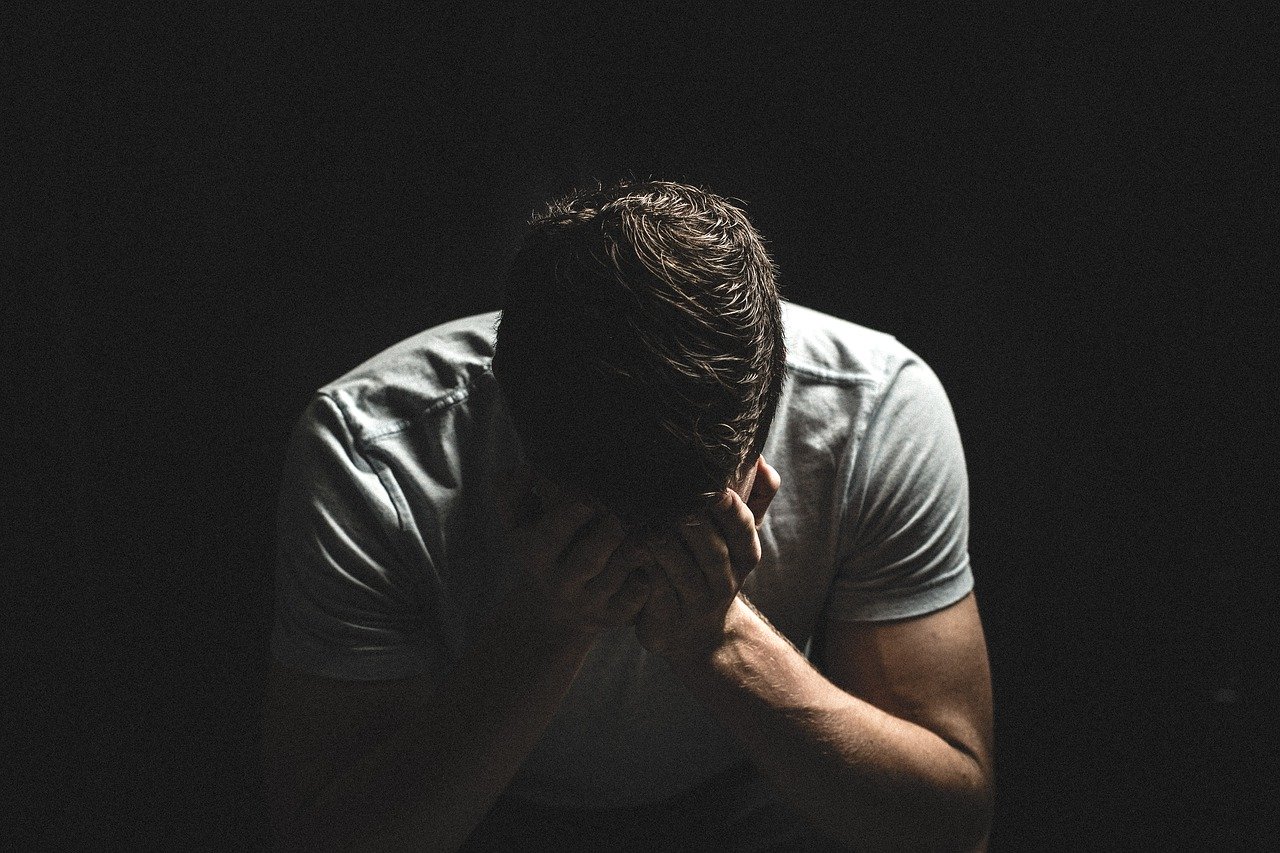
‘We’re trying to make sure everyone is taken care of,’ CKHA VP says
By Bruce Corcoran
Chatham-Kent Health Alliance (CKHA) officials say they’ve seen a sharp uptick in the number of people requiring mental health and addictions assistance in recent weeks.
That’s thanks in no small part COVID-19 fears and government-enforced restrictions.
A recent Canadian Mental Health Association (CMHA) survey indicated seven out of 10 Ontarians believe the province is headed for a “serious mental health crisis” as it emerges from this pandemic.
Meanwhile, the provincial government has announced additional funding and supports in some areas, but not others.
During the pandemic, the provincial government has increased funding for virtual and online mental health support to the tune of $12 million.
Caen Suni, vice-president of programs and operations for CKHA, said the focus from the province has been on “outpatient and community-based programs.
“CKHA has supported that by increasing access virtually to our mental health and addictions therapists and to our psychiatrists,” he said. “We’re trying to make sure everyone is taken care of.”
The province has not provided funding to open additional beds in the inpatient psychiatric unit at CKHA (it has 21 funded beds), however.
Suni said the growth of the mental health and addictions programs recently has been significant.
“The use has been significant too. For example, mental health outpatient therapy is up 15 per cent due to the pandemic when compared to this time last year,” he said. “This speaks quite a bit to the need, but also to the success of the model.”
Suni said while outpatient mental health and addictions services have seen a spike in usage, the number of people with mental health issues severe enough to warrant hospitalization at the CKHA has increased as well.
“We’ve experienced an increase in inpatients. The acuity and the number have definitely gone up in the past few weeks. It would be appropriate to assign the pandemic as part of the cause,” he said.
And while overall use of the ERs during the pandemic has dropped, Suni said people with mental health issues are visiting the Wallaceburg and Chatham ERs in greater numbers.
“The overall number of mental health and addictions patients has gone up. By comparison, as a portion of visits, they have gone up 25 per cent compared to the same time last year,” he said.
The alliance has 21 beds in its inpatient psychiatric unit, and they are consistently at capacity. In fact, the CKHA often adds a surge bed to the unit.
“Mental health (unit) capacity has been at 100 per cent for the past few weeks,” Suni said.
Mental-health-related interactions, compared to the same period last year, are up 36 per cent, he added.
“There is an increased level of anxiety and the unknown,” Suni said of the pandemic, enforced restrictions, the economy and what the future holds. “This can create acute episodes if it’s not addressed immediately. That’s why getting access to therapists and psychiatrists is so imperative. We can head off those acute episodes.”
Suni said the emotional pressures on people these days can feel overwhelming.
“Self-isolating in place can cause increased feelings of vulnerability for people with mental health and addiction issues,” he said. “But we do have resources for individuals.”
That’s where the additional virtual and online support comes into play. Suni encourages people to reach out via the Canadian Mental Health Association’s crisis line at 1-866-299-7447.
According to provincial numbers, prior to the pandemic, mental health and addictions challenges affect more than one million Ontarians each year.






